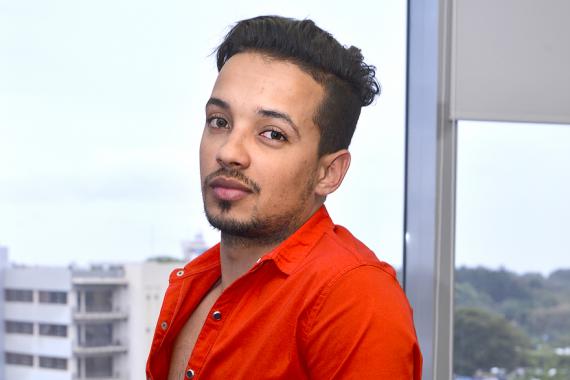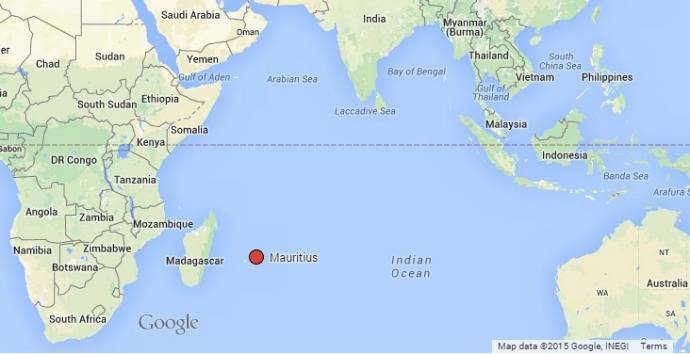
Abdool Ridwan Firaas (Ryan) Ah Seek (Photo courtesy of 5plus)
The Supreme Court of the Indian Ocean island nation of Mauritius today overturned the Mauritian law against consensual sexual intercourse between men.
The court ruled that the anti-sodomy provisions of Section 250(1) of the Mauritian Criminal Code were discriminatory and unconstitutional “inasmuch as it criminalises the only natural way for the plaintiffs and other homosexual men to have sexual intercourse whereas heterosexual men are permitted the right to have intercourse in a way that is natural to them.”
Plaintiff Abdool Ridwan (Ryan) Firaas Ah Seek said:
‘Receiving this judgment in my favour is an enormous relief. From today, as a citizen and a human being, I am now free to love whoever I want to without fear. Above all, it also means that the next generations can fully and freely embrace their sexuality without fear of being arrested. This victory is undoubtedly a major step towards the full inclusion of our community in Mauritian society.”
Abdool Ridwan (Ryan) Firaas Ah Seek is the current president of the LGBT advocacy group Collectif Arc-en-Ciel.
The London-based Human Dignity Trust, which helped the plaintiffs in the case, declared that the ruling was a “momentous victory for human rights” and added:
“Mauritius joins growing list of African nations that have decriminalised same-sex sexual activity.

Location of Mauritius east of Madagascar in the Indian Ocean. (Map courtesy of Google and MauritiusInsideOut.com)
“The case, brought by Abdool Ridwan (Ryan) Firaas Ah Seek with the support of the Human Dignity Trust, challenged the constitutionality of Section 250 of the Mauritian Criminal Code, which dated back to 1838. The provision criminalised ‘sodomy’ and anyone convicted could face a maximum penalty of five years’ imprisonment.
“In the judgment, the Supreme Court judges underlined the constitutionally protected right to non-discrimination. This victory brings the number of jurisdictions that still criminalise LGBT people to 65 [slightly different from this blog’s tally of 66]. Mauritius now joins other African nations such as South Africa, Botswana, Seychelles, Angola and Mozambique, which have eradicated similar colonial-era criminalising provisions from their law books.”
For more information, see the Human Dignity Trust website.
Source: African Human Rights Media Network member Erasing 76 Crimes.
COMMENTS